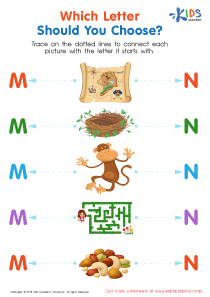Lowercase/Small Letters Worksheets for Ages 4-9
23 filtered results
-
From - To
Welcome to our collection of Lowercase/Small Letters Worksheets designed for children aged 4-9! These engaging and interactive worksheets aim to enhance your child's literacy skills, focusing on identifying, writing, and recognizing lowercase letters. Perfect for home or classroom use, the worksheets feature fun activities, including tracing, matching, and coloring, making learning enjoyable and effective. Tailored to meet the developmental needs of early learners, our printable resources encourage hands-on practice and boost confidence in their reading and writing abilities. Explore our diverse range of worksheets today to help your child grasp the fundamentals of lowercase letters and develop a love for learning!
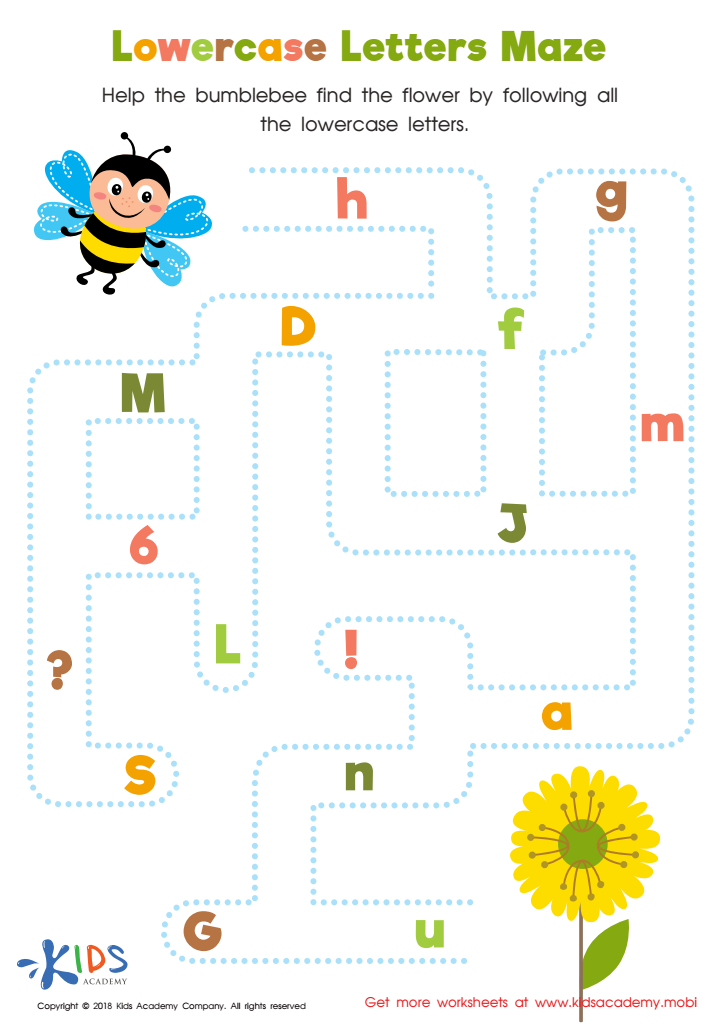

Lowercase Letters Maze Worksheet
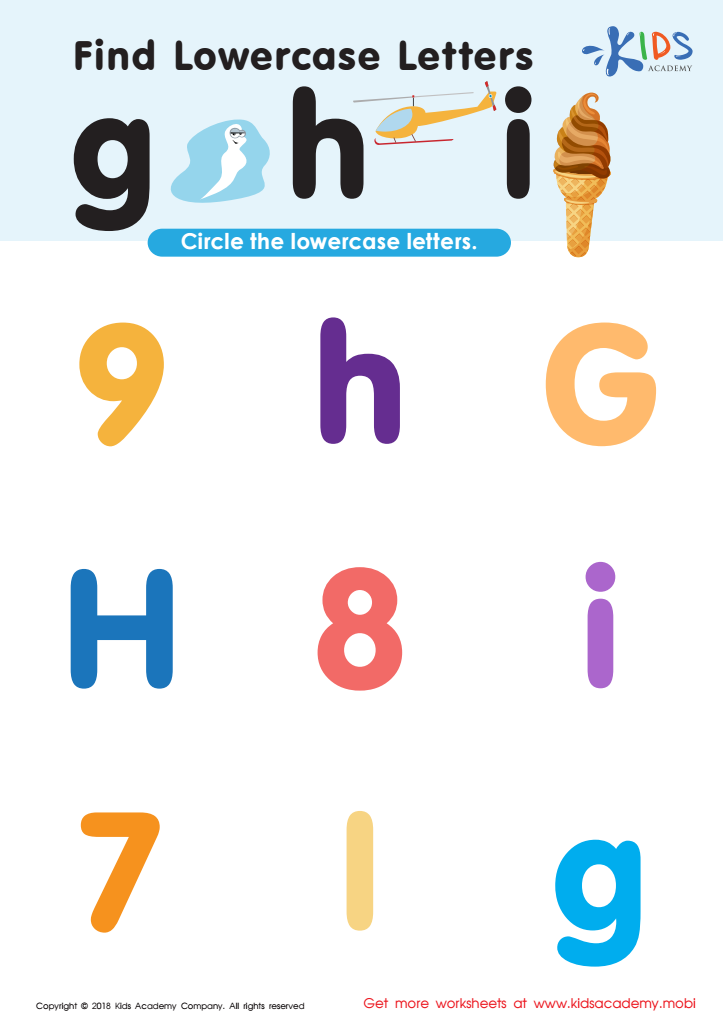

Find Lowercase Letters g h i Worksheet
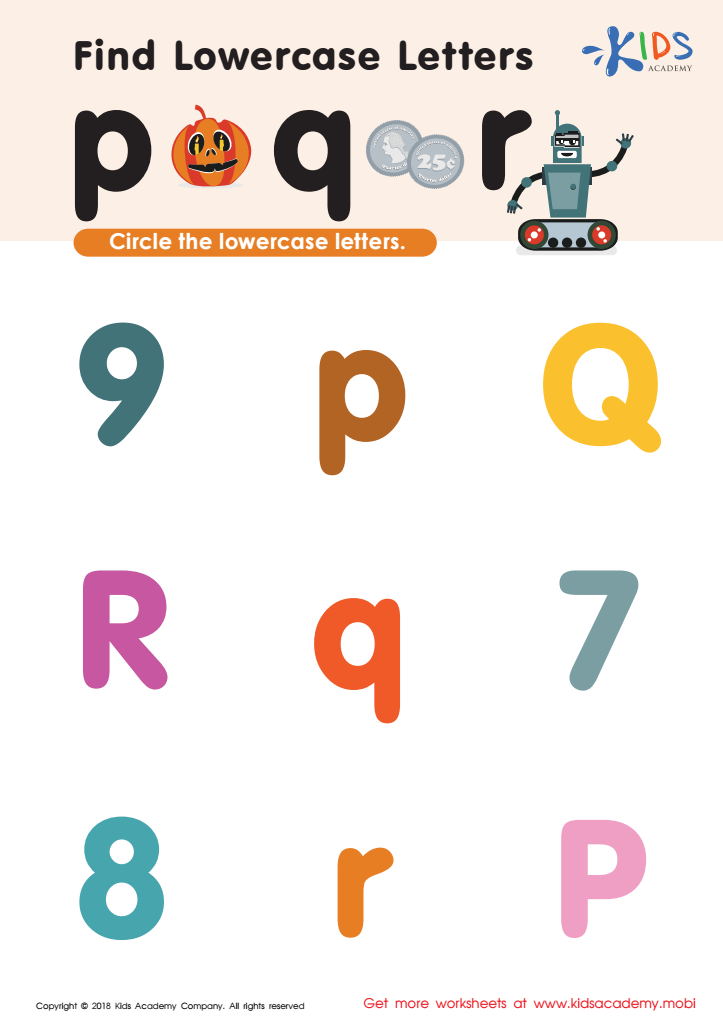

Find lowercase Letters p q r Worksheet
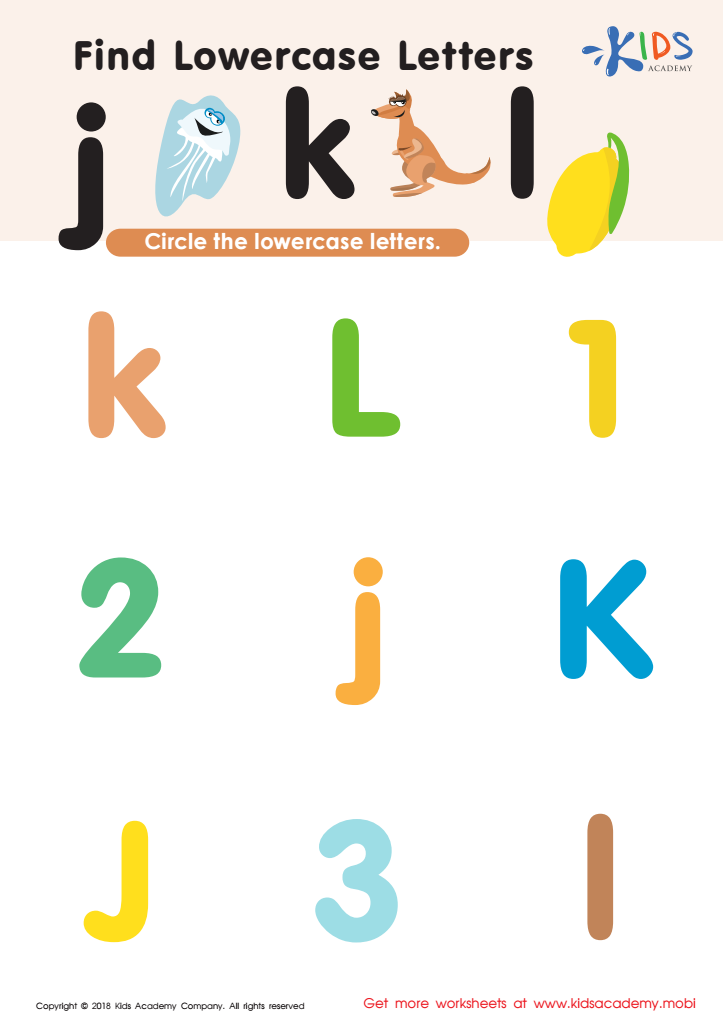

Find Lowercase Letters j k l Worksheet
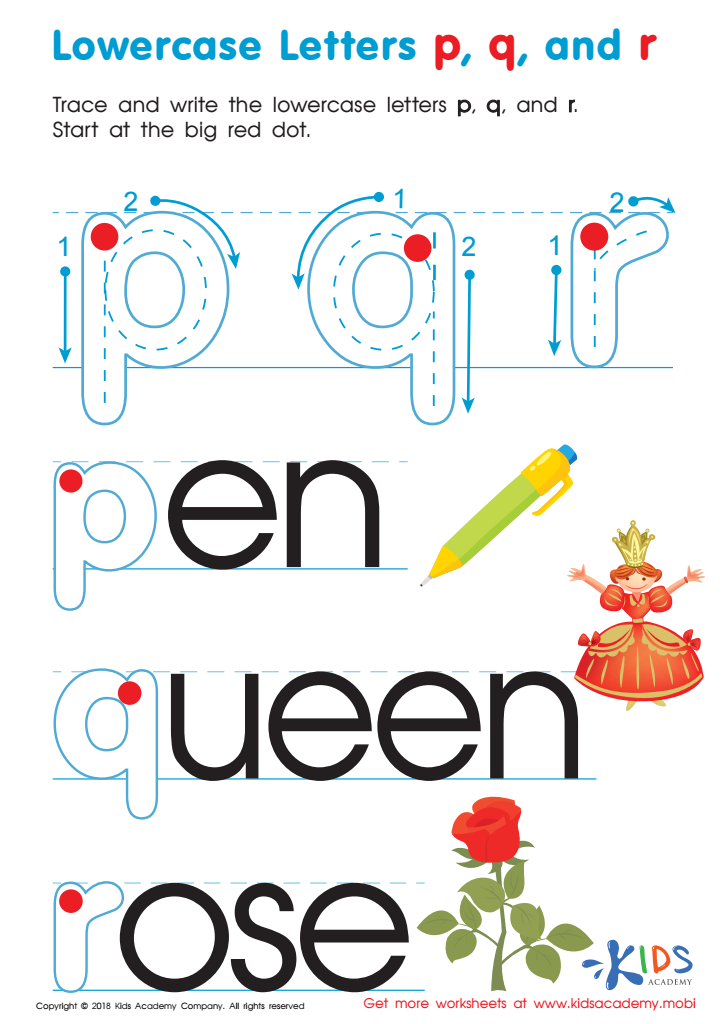

Lowercase Letters p q r Worksheet
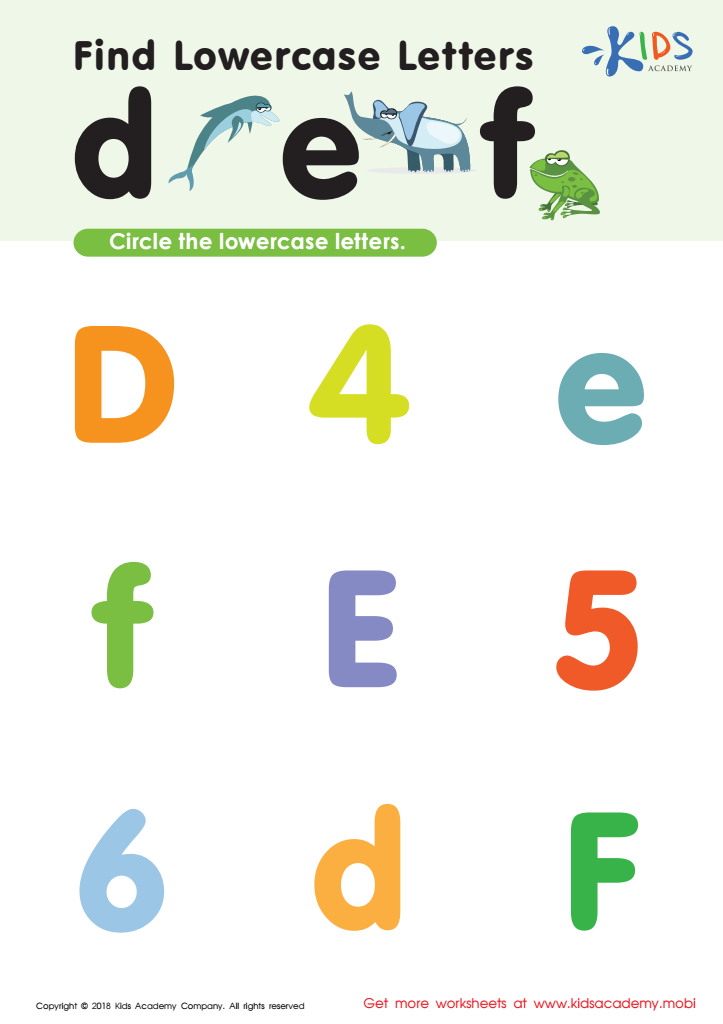

Find Lowercase Letters d e f Worksheet
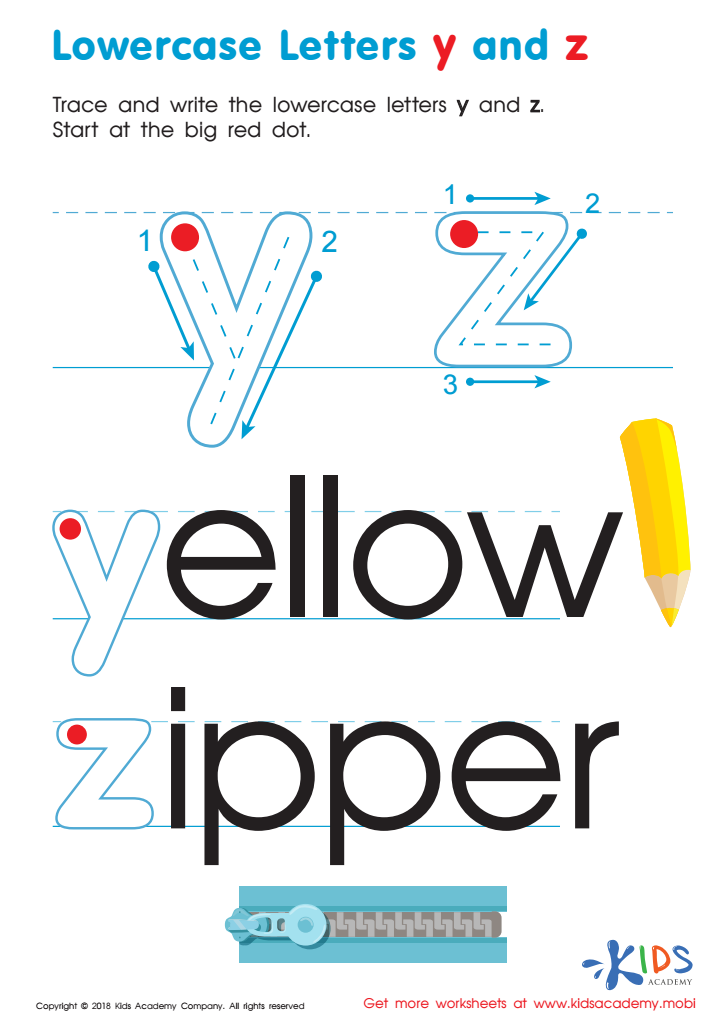

Lowercase Letters y z Worksheet
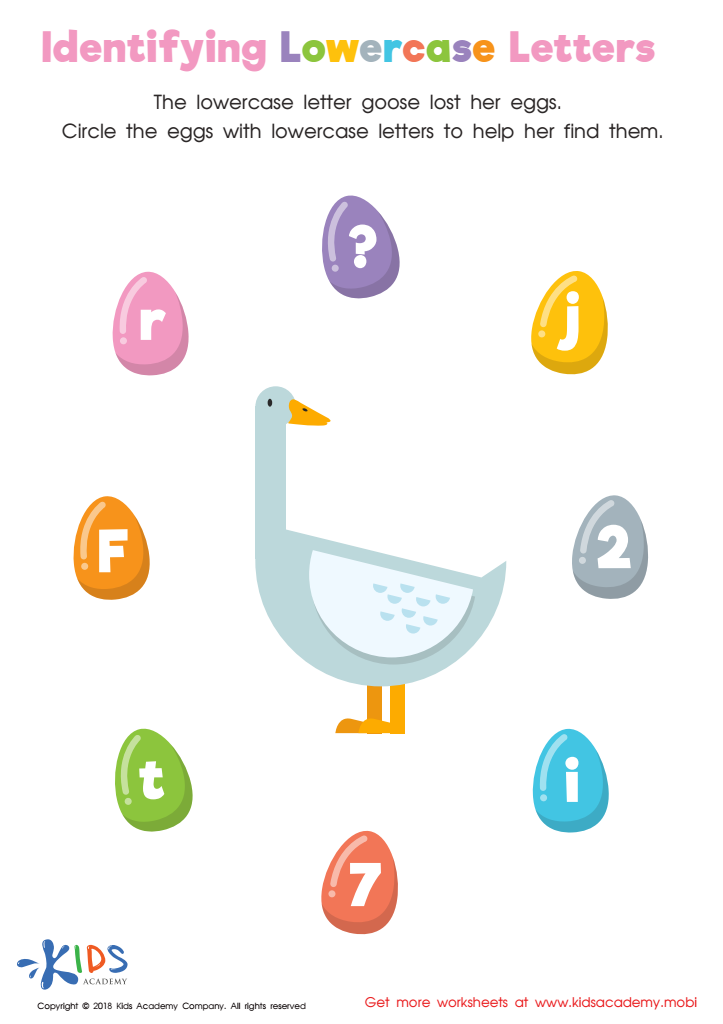

Identifying Lowercase Letters Worksheet
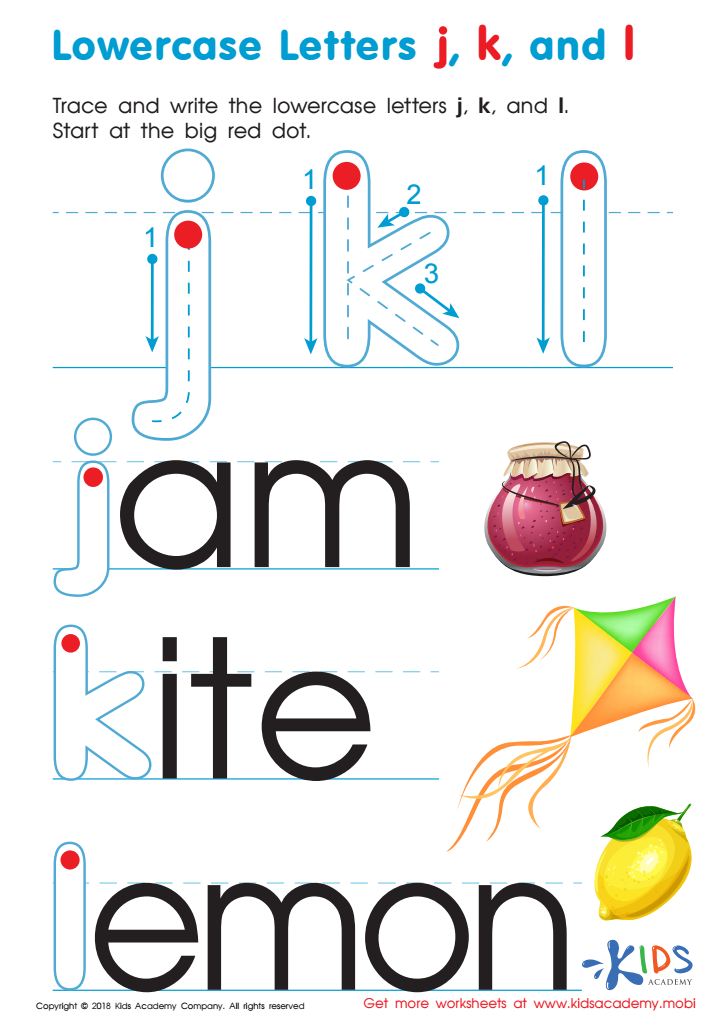

Lowercase Letters j k l Worksheet
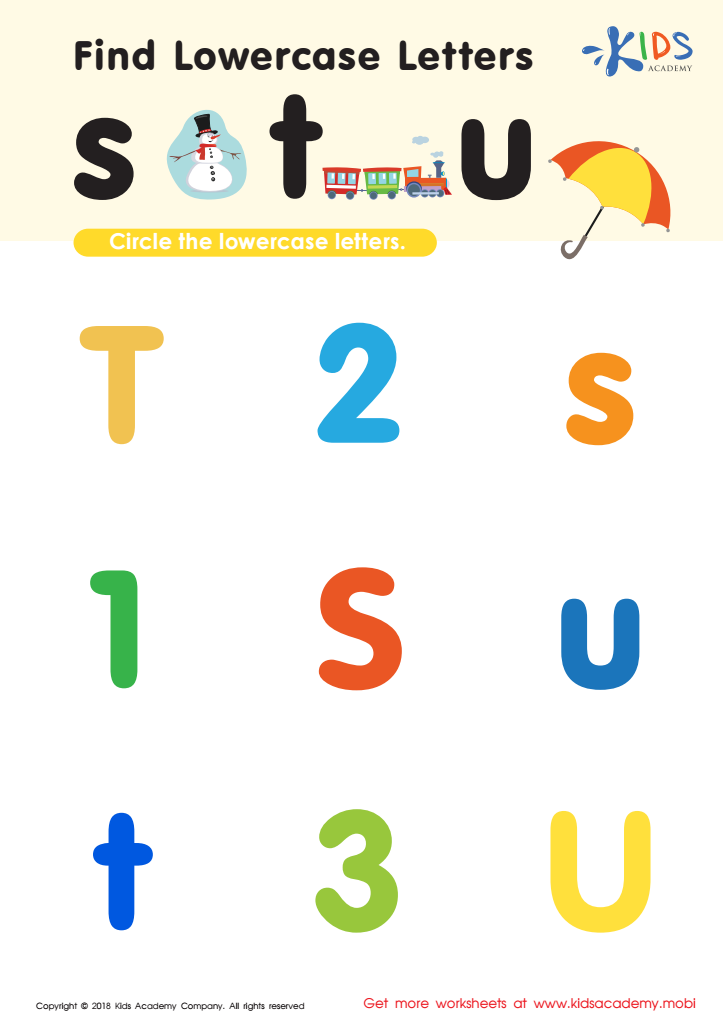

Find lowercase Letters s t u Worksheet
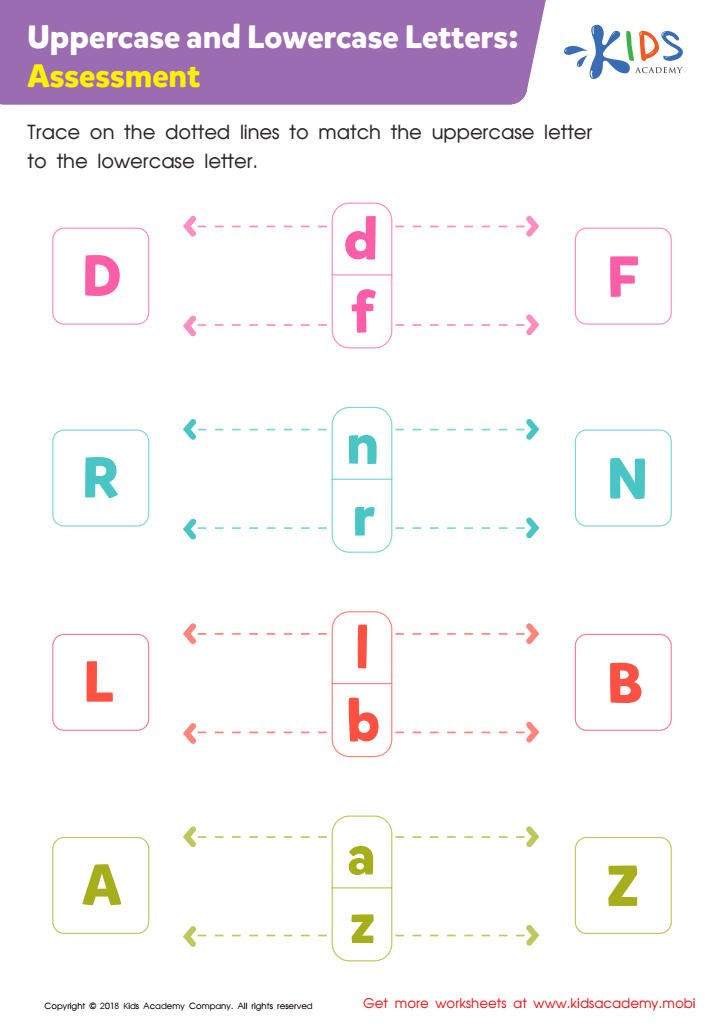

Uppercase and Lowercase Letters: Assessment Worksheet
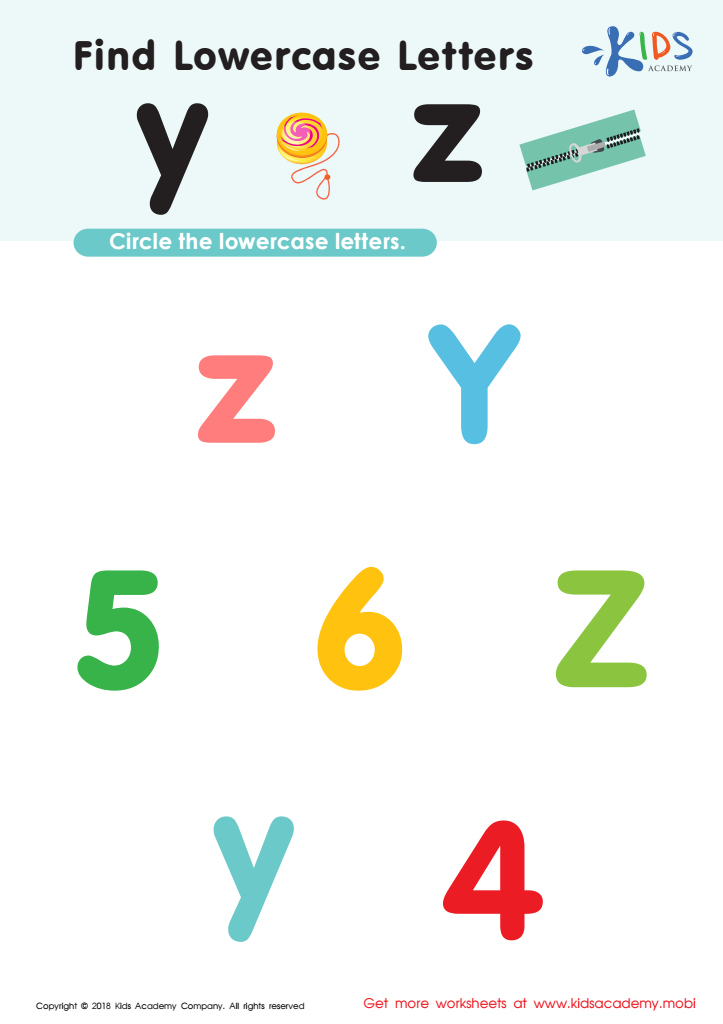

Find Lowercase Letters y z Worksheet
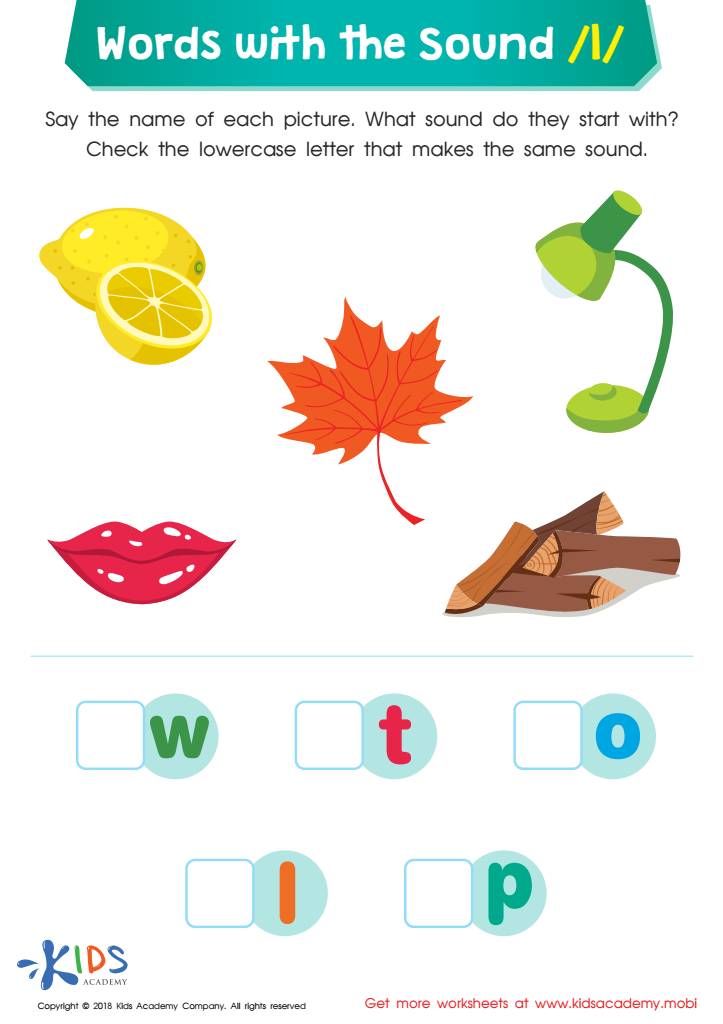

Words with Sound L Reading Worksheet
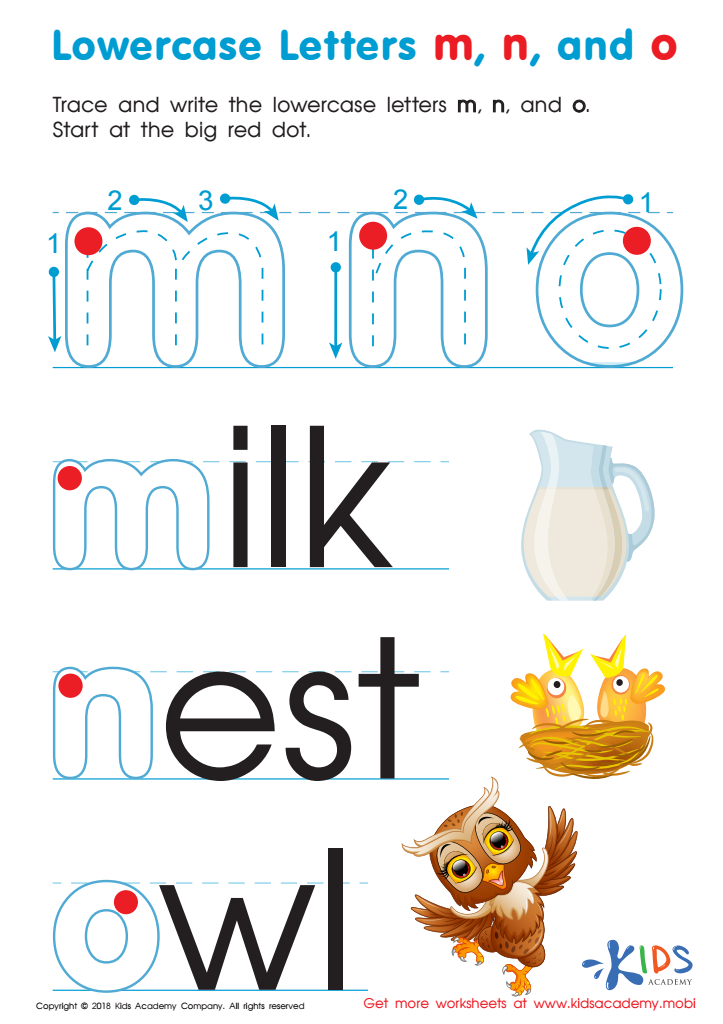

Lowercase Letters m n o Worksheet
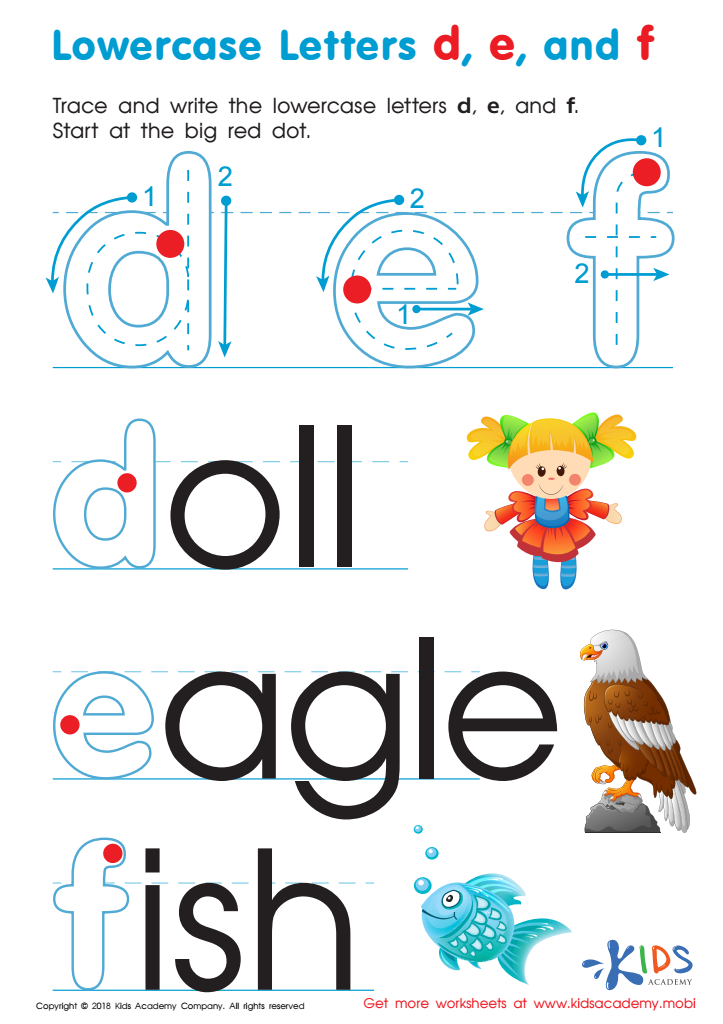

Lowercase Letters d e f Worksheet
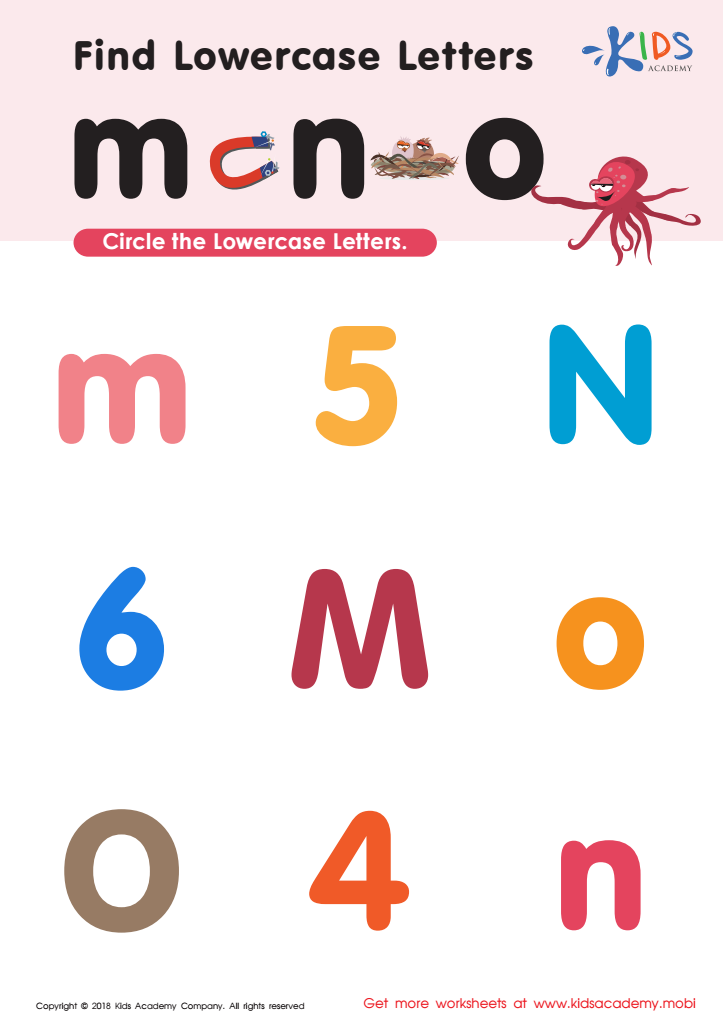

Find Lowercase Letters m n o Worksheet
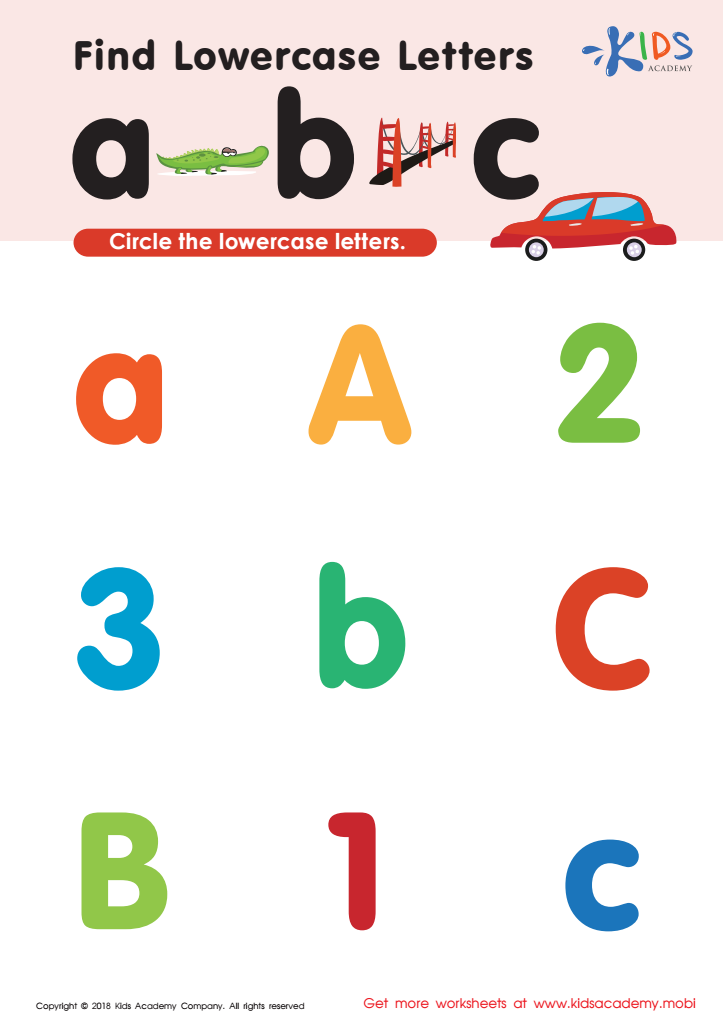

Find lowercase letters a b c Worksheet
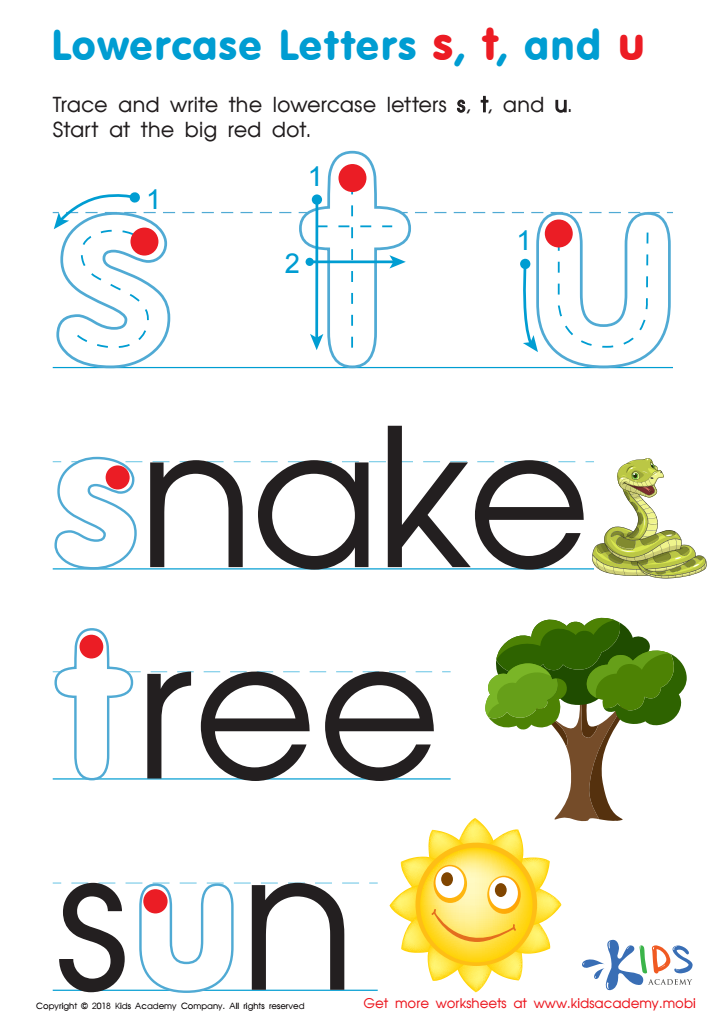

Lowercase Letters s t u Worksheet
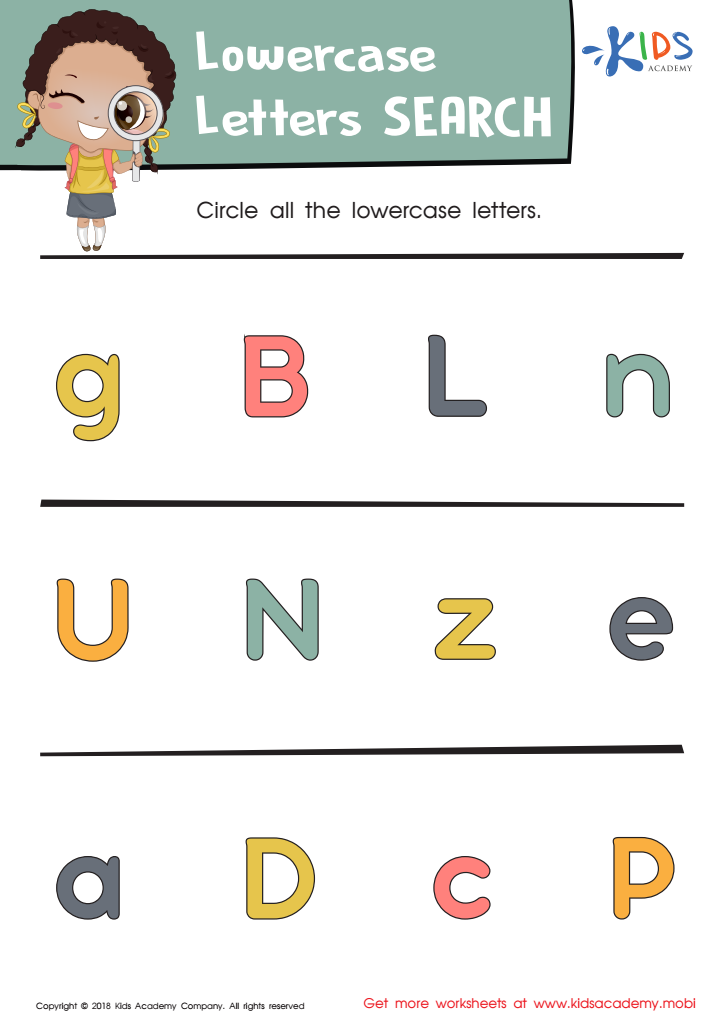

Lowercase Letters Search: Assessment Worksheet
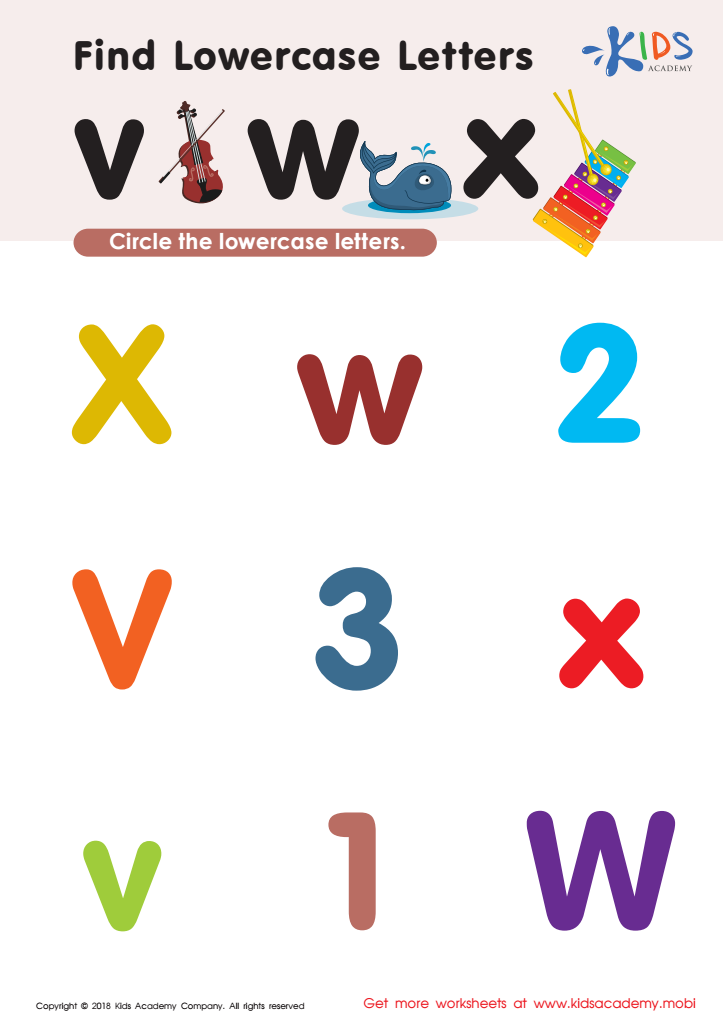

Find Lowercase Letters v w x Worksheet
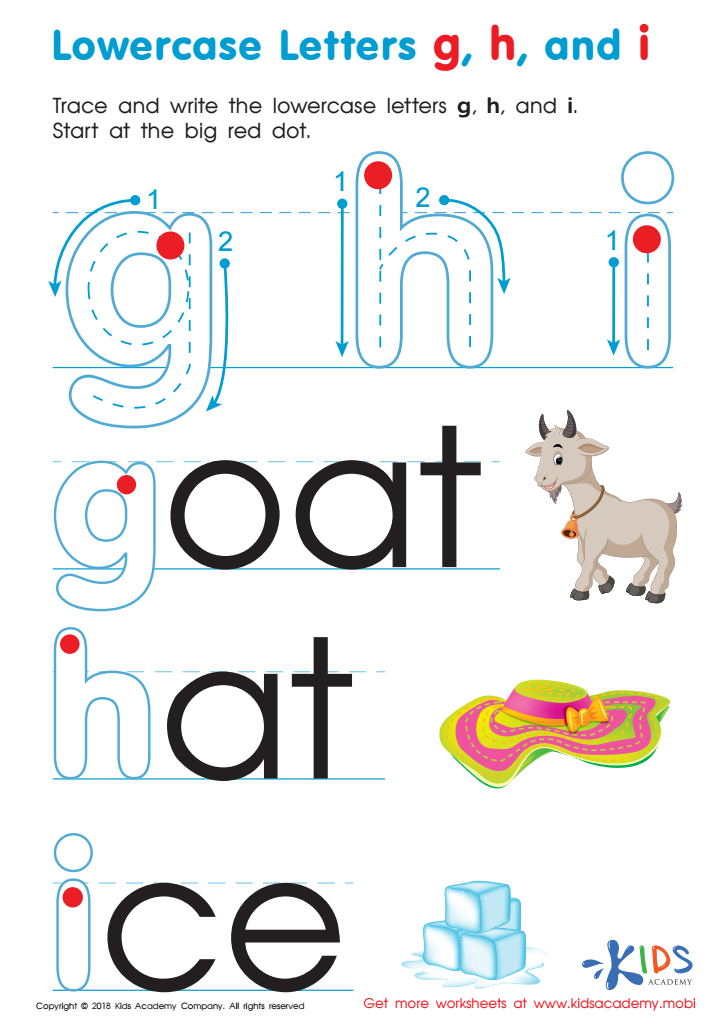

Lowercase Letters g h i Worksheet
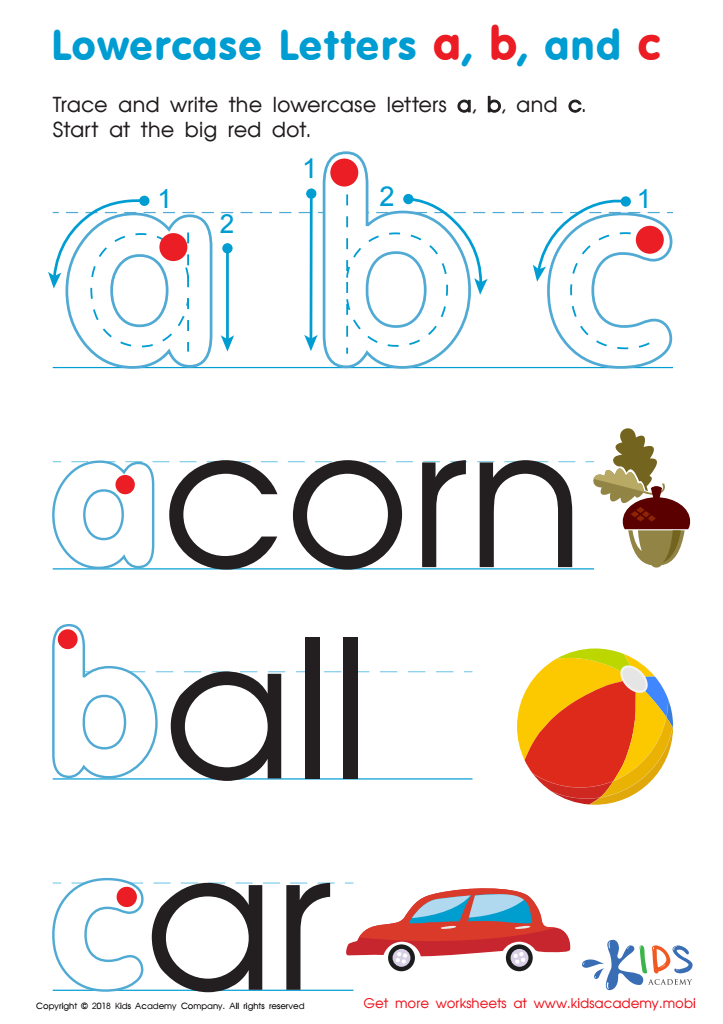

Lowercase Letters a b c Worksheet
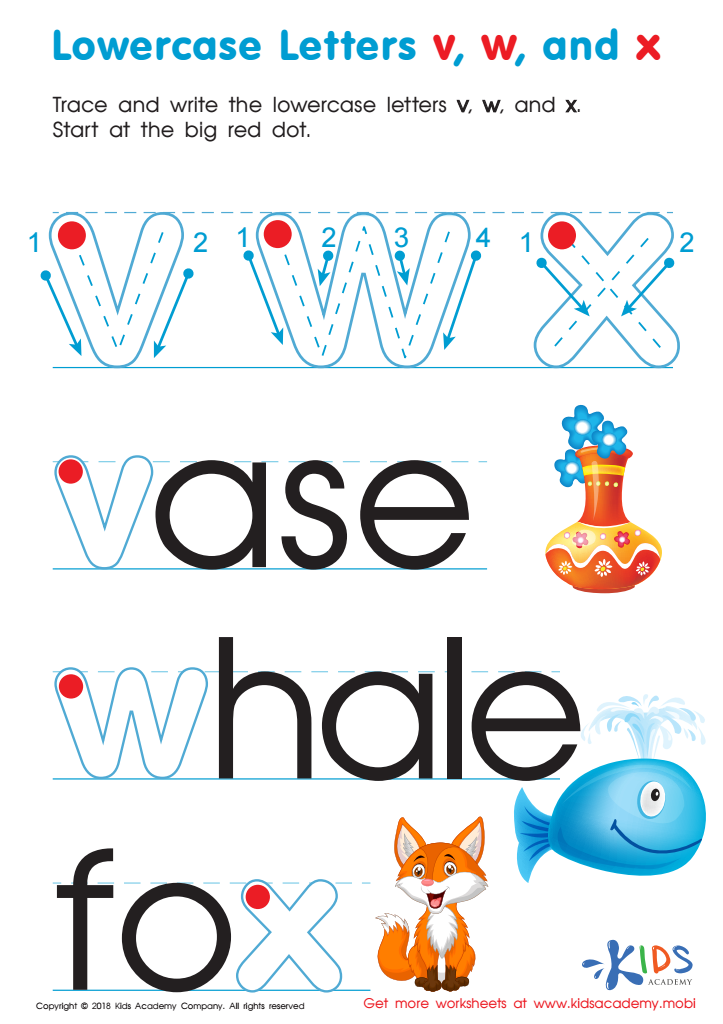

Lowercase Letters v w x Worksheet
Parents and teachers play a vital role in a child's literacy development, especially concerning lowercase letters. Understanding lowercase letters is essential for early readers and writers, as they are predominantly used in most texts, including children’s books, educational materials, and everyday writing. Mastery of lowercase letters fosters reading fluency, enabling children to confidently recognize and decipher words within sentences.
Focusing on lowercase letters helps children develop their fine motor skills through writing practice. As they learn to form letters, they enhance their dexterity and hand-eye coordination, fundamental for other academic tasks. Furthermore, distinguishing between uppercase and lowercase letters encourages cognitive skills, such as critical thinking and memory recall.
Additionally, recognizing and using lowercase letters paves the way for good spelling habits, as many phonetic components involve these letters. Engaging in activities that enhance lowercase letter recognition—like games, songs, or storytime—creates a positive learning environment, reinforcing both phonics and language skills.
In conclusion, emphasizing lowercase letters from ages 4-9 sets a solid foundation for effective reading and writing, crucial for children’s overall academic success. Parents and teachers should actively participate in this vital aspect of early education to foster a love for literacy and learning.
 Assign to My Students
Assign to My Students








